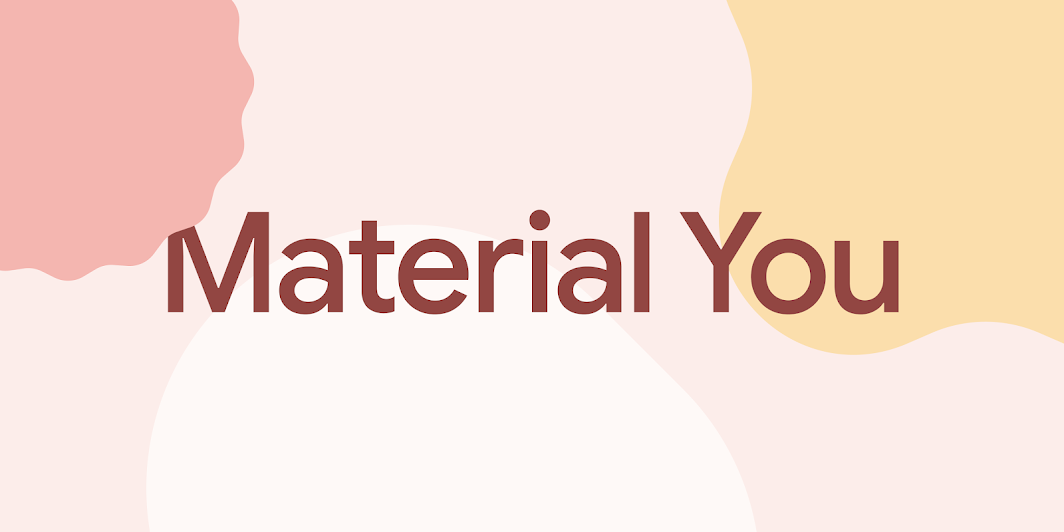One of the coolest changes in Android 12 so far is the new Material You dynamic theming system, which changes system colors to match your background in a way that's downright beautiful — or, at least, way less boring than before. Eventually, apps will take advantage of it too, but they'll need to be updated to accommodate it, and the first signs of such support are starting to appear in Google Messages.
The folks at XDA spotted the change in a teardown of a version that's rolling out now. Though it's still probably a work in progress, the support is far enough along that a tipster was able to enable it and show off what the app would look like with Android 12's dynamic colors:
Above: Google Messages with Material You theming (Images via XDA Developers). Below: The normal boring look.
I'm sure the particulars are subject to change, but the current theming changes both the color of the floating action button for starting messages/chats at the bottom of the screen, as well as the search bar at the top and the labels below it for the recent conversation categories. Text in the FAB is themed, but text in the other two locations isn't. Details aren't depicted for either the conversation list, previews, or their contents, but we assume they're unchanged.
Google is likely working on Material You theming for other apps ahead of releasing official documentation, but third-party developers have already started reverse-engineering some of the changes. 9to5Google's Dylan Roussel has figured out how to implement both "basic" theming and even app icon theming with his system information app Inware:
At least 15 apps by Google, including Keep, Drive, Maps, Chrome, and Photos are also working on or support icon theming in a hidden capacity right now, so they'll probably take advantage of the new changes in other ways as well.
Android 12 and this new dynamic theming system look set to kick off the biggest change to app design we've seen on the platform since the OG roll out of Material Design, and we can't wait to see how both Google and third-party app developers take advantage of it.

